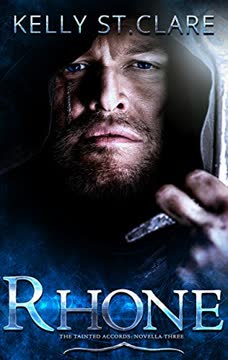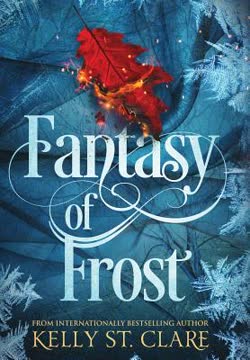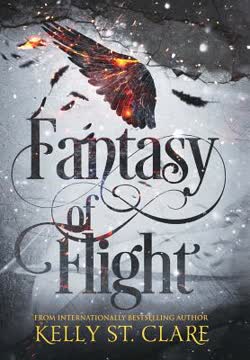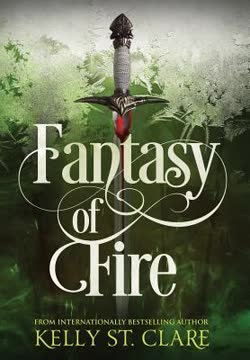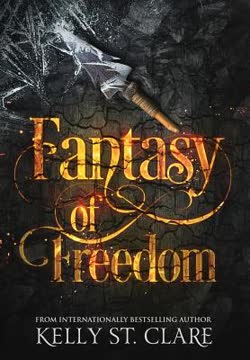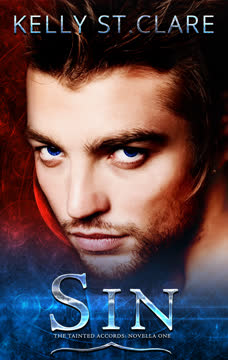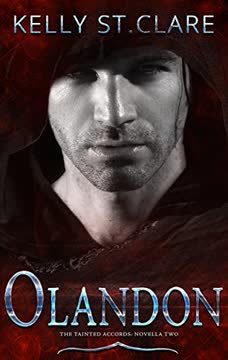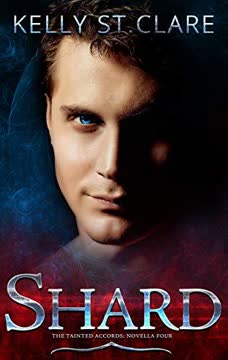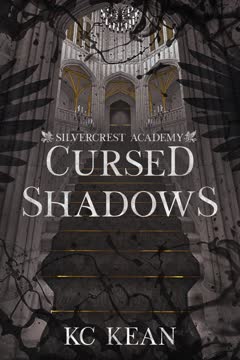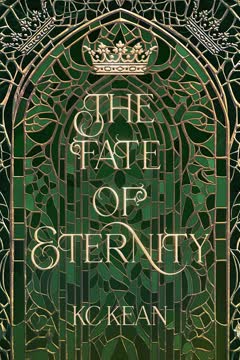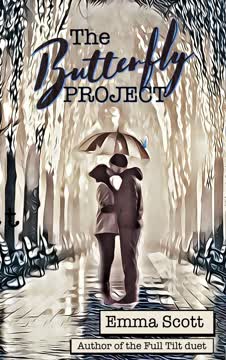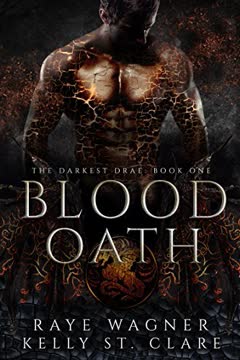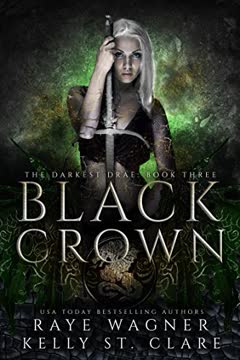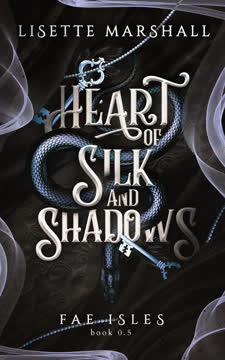Plot Summary
Heartbreak and Departure
Rhone, a stoic and loyal dog-sledder, is devastated when the woman he loves, Olina, marries another. Unable to bear the pain of watching her with King Jovan, he leaves Glacium Castle, abandoning his dogs and the only life he's known. His departure is not just a physical journey but an emotional escape from heartbreak and a life defined by longing and self-doubt. Rhone's sense of worthlessness and isolation is palpable as he packs his meager belongings, says a painful goodbye to his lead dog Leo, and steps into the unknown, seeking solace and perhaps a new purpose beyond the castle walls.
The Ire's Inventor
On the treacherous Great Stairway, Rhone encounters Monikah, a quirky, inventive young woman from the Ire—a community of exiles. Her playful, relentless curiosity and odd inventions both irritate and intrigue him. Monikah's presence disrupts Rhone's desire for solitude, but her persistence and vulnerability begin to chip away at his defenses. Their banter is sharp, and her refusal to leave him alone forces Rhone to confront his own pain and loneliness. Monikah's unique perspective and energy contrast sharply with Rhone's brooding, setting the stage for an unlikely companionship.
Climbing and Clashing
As Rhone and Monikah traverse the perilous islands, their interactions oscillate between irritation and reluctant camaraderie. Monikah's relentless questions and emotional openness clash with Rhone's guarded nature, but her honesty and resilience begin to draw out his empathy. Rhone's memories of Olina haunt him, but Monikah's presence offers distraction and, unexpectedly, comfort. Their dynamic is a dance of push and pull, with Monikah's eccentricity both grating and endearing, and Rhone's gruffness hiding a deep well of care.
Guilt and Apologies
After a heated argument, Rhone is plagued by guilt over hurting Monikah's feelings. He leaves her a pear as an apology, a small gesture that signals the beginning of a fragile trust. When Rhone suffers a dangerous fall, Monikah finds and nurses him, her concern revealing the depth of her compassion. Their shared vulnerability in the aftermath of the accident forges a deeper bond, as Rhone begins to see Monikah not just as a nuisance but as someone who genuinely cares for him, challenging his self-imposed isolation.
Childhood Shadows
Flashbacks reveal Rhone's difficult childhood—raised by loving but eccentric grandparents, mocked by peers, and orphaned young. The loss of his grandmother and the cruelty of other children, who burn her paintings and steal his home, leave Rhone with deep scars and a sense of rootlessness. These memories explain his reluctance to trust and his hunger for belonging. The pain of his past is mirrored in his present, as he struggles to find meaning and connection in a world that has often been unkind.
Falling and Rescue
After Rhone's fall, Monikah's determination to find and help him cements their partnership. Her resourcefulness and empathy shine as she tends to his injuries and insists on bringing him to the Ire for recovery, despite the risk to herself. Their shared ordeal breaks down more of Rhone's emotional barriers, and he begins to appreciate Monikah's unique strengths. The experience marks a turning point, as Rhone starts to see the possibility of healing and companionship.
Exile and Defiance
Upon arrival in the Ire, Monikah faces further exile for breaking rules to help Rhone. Rhone, unwilling to let her suffer alone, stands up to the Ire's leader, Yarik, even fighting off several men to defend her. This act of defiance earns him both respect and suspicion. The episode highlights Rhone's protective instincts and growing attachment to Monikah, as well as the Ire's precarious position as a community of outcasts. Monikah's gratitude and the community's reaction deepen Rhone's sense of responsibility and belonging.
Fists and Forgiveness
Rhone's willingness to fight for Monikah's place in the Ire impresses Yarik, who offers him a deal: Monikah can stay if Rhone remains for a time. As Rhone recovers among the Ire, he and Monikah grow closer, sharing stories and laughter. Their mutual acceptance of each other's flaws—her eccentricity, his gruffness—lays the groundwork for trust and affection. The Ire's communal spirit and Monikah's inventive mind begin to inspire Rhone, hinting at a new sense of purpose.
Lost and Found
Haunted by memories of loss and rejection, Rhone is forced to face the pain that has shaped him. Encouraged by Monikah and the Ire's supportive environment, he begins to question his assumptions about people and himself. The arrival of Olina and Jovan for a diplomatic meeting brings Rhone's old wounds to the surface, but also clarifies his feelings for Monikah. The contrast between his unrequited love for Olina and his growing connection with Monikah becomes stark, pushing Rhone toward self-acceptance and hope.
Community and Purpose
Immersed in the Ire's daily life, Rhone witnesses the power of community and shared purpose. Monikah's inventions, though often misunderstood, are vital to the Ire's survival and progress. Rhone is invited to train the Ire's fighters for the upcoming Interworld Games, a role that offers him both challenge and meaning. The sense of being needed and valued rekindles Rhone's sense of self-worth, and his partnership with Monikah deepens as they support each other's dreams.
Facing the Past
Rhone returns to his childhood home in Glacium's Outer Rings, confronting the man who stole his house and burned his grandmother's paintings. Instead of seeking revenge, Rhone finds closure, realizing that his painful past has shaped him into someone capable of love and resilience. This act of forgiveness allows him to let go of old wounds and fully embrace the possibility of a future with Monikah and the Ire.
Return to Glacium
Back in Glacium for the annual sled race, Rhone brings Monikah into his world. Their relationship is tested by misunderstandings, jealousy, and the scrutiny of others. Monikah's inventive spirit finds a kindred soul in Adnan, another inventor, sparking Rhone's jealousy but also forcing him to confront his feelings. The tension between past and present, old loyalties and new love, comes to a head as Rhone realizes where his heart truly lies.
Racing Hearts
Rhone and Monikah race together, their teamwork and trust put to the test. The physical challenge of the race mirrors their emotional journey, as they navigate obstacles, setbacks, and moments of intimacy. When disaster strikes and Rhone's beloved lead dog Leo is injured, Monikah's compassion and ingenuity offer hope. The race becomes a crucible for their relationship, forging a bond built on mutual respect, vulnerability, and shared purpose.
Cracks and Confessions
In the aftermath of the race, Rhone and Monikah confront their feelings, fears, and misunderstandings. Monikah's invention saves Leo, symbolizing the healing power of creativity and love. Rhone confesses his love and asks Monikah to build a life with him in the Ire. Their decision to choose each other, despite uncertainty and difference, marks the culmination of their emotional arcs—transforming loneliness into partnership and pain into hope.
Loss and Invention
The loss of Leo and the end of the race are bittersweet, but Monikah's invention—a wheeled cart for Leo—offers a new lease on life for the dog and a metaphor for resilience. Rhone's willingness to let go of his old life, including his dogs and the castle, signals his readiness to embrace change. The support of friends, the recognition of his grandmother's art, and the acceptance of his new role in the Ire affirm Rhone's journey from exile to belonging.
Choosing a Future
Rhone publicly commits to Monikah and the Ire, choosing to stay and train their fighters for the Interworld Games. His decision is met with surprise but ultimately acceptance by his old friends and rulers. The act of choosing Monikah and the Ire over his past life is both a personal and communal victory, symbolizing the power of love, purpose, and found family. Rhone's journey comes full circle as he finds the home and acceptance he has always craved.
Training for Tomorrow
In the epilogue, Rhone is fully integrated into the Ire, training their fighters and building a life with Monikah. Their partnership is playful, supportive, and deeply loving, marked by mutual respect and shared dreams. Leo, now adapted to his new life, is a symbol of survival and adaptation. Rhone's transformation—from a lonely, wounded man to a leader and partner—embodies the novella's themes of healing, community, and the courage to choose happiness.
Characters
Rhone
Rhone is a man shaped by loss, hardship, and unrequited love. Orphaned young and raised by eccentric grandparents, he grows up feeling like an outsider, his sense of self-worth battered by cruelty and abandonment. As an adult, he finds purpose in his dogs and his role as a messenger, but his heart remains tethered to Olina, the unattainable queen. Rhone's journey is one of gradual healing—his gruff exterior concealing a deep well of empathy and longing for connection. Through his relationship with Monikah, he learns to trust, forgive, and embrace vulnerability. His arc is defined by the search for belonging, the courage to face his past, and the willingness to choose love and community over isolation.
Monikah
Monikah is a whirlwind of creativity and emotion, her mind always racing with new ideas. As an outcast in the Ire, she is misunderstood and often exiled for her rule-breaking inventions, yet her resilience and optimism never waver. Monikah's vulnerability is matched by her determination to help others, whether through her gadgets or her unwavering support of Rhone. Her playful banter and emotional honesty challenge Rhone's defenses, drawing him out of his shell. Monikah's journey is one of self-acceptance, learning to value her gifts despite others' skepticism, and finding a partner who sees and cherishes her true self.
Leo
Leo, Rhone's lead sled dog, represents steadfast loyalty and the pain of inevitable loss. His injury and subsequent rescue through Monikah's invention mirror Rhone's own journey from brokenness to adaptation. Leo's presence is a constant reminder of the bonds we form, the grief of letting go, and the hope that comes from new beginnings.
Olina
Olina is the object of Rhone's long-held affection, her kindness and strength both inspiring and heartbreaking for him. Her marriage to Jovan is a catalyst for Rhone's journey, forcing him to confront his feelings and seek a new path. Olina's role is that of a mirror—reflecting Rhone's longing, but also his capacity to move on and find happiness elsewhere.
Jovan
Jovan is both a source of pain and respect for Rhone. As Olina's husband and Rhone's king, he embodies authority, competition, and the complexities of male friendship. Jovan's warnings and eventual acceptance of Rhone's choices highlight the shifting dynamics of loyalty, rivalry, and respect.
Yarik
Yarik is a shrewd, fair, and sometimes stern leader, balancing the needs of his community with the challenges of managing outcasts. His willingness to give Rhone a chance, and his recognition of Monikah's value, make him a catalyst for change. Yarik's offer to Rhone—to train the Ire's fighters—provides the opportunity for Rhone's transformation and the Ire's advancement.
Adnan
Adnan, another inventor and Olina's half-brother, serves as both a friend and a source of jealousy for Rhone. His connection with Monikah highlights the importance of understanding and acceptance for creative minds. Adnan's support and collaboration with Monikah on Leo's rescue reinforce the novella's themes of innovation and community.
Gyn
Gyn is Rhone's trusted colleague, caring for the dogs in his absence and providing practical support. His straightforwardness and dedication to the animals mirror Rhone's own values, and his presence grounds Rhone in the world of Glacium.
Malt
Malt, the boy who stole Rhone's home and burned his grandmother's paintings, represents the cruelty and survivalism of Rhone's early life. Confronting Malt as an adult allows Rhone to find closure and forgiveness, freeing him from the shadows of his past.
Roscoe
Roscoe, Olina's father and the king's advisor, offers guidance and perspective to Rhone. His understanding of loss, love, and the importance of seeing "secrets" in others helps Rhone recognize the value of vulnerability and connection.
Plot Devices
Dual Journeys: Physical and Emotional
The novella's structure mirrors Rhone's internal and external journeys. His physical trek from Glacium to the Ire and back is matched by an emotional odyssey from heartbreak and isolation to healing and belonging. The treacherous landscapes, the sled race, and the Ire's floating islands serve as metaphors for the obstacles and choices Rhone faces within himself.
Unlikely Companionship
The pairing of Rhone's stoicism with Monikah's eccentricity creates tension, humor, and ultimately transformation. Their banter, misunderstandings, and mutual rescue highlight the power of vulnerability and the necessity of accepting others' differences to find true connection.
Flashbacks and Memory
Rhone's flashbacks to his childhood provide context for his guardedness and longing for home. These memories are woven throughout the narrative, foreshadowing his eventual need to confront and release the pain of his past in order to embrace a new future.
Symbolic Objects and Inventions
Monikah's gadgets—goggles, Soars, Leo's wheeled cart—are more than plot devices; they symbolize adaptation, hope, and the creative power of love. The recurring motif of art (Rhone's grandmother's paintings) and invention underscores the importance of legacy, memory, and the courage to build something new from brokenness.
Community and Found Family
The Ire's communal ethos and the castle's camaraderie contrast with Rhone's early experiences of exclusion. The novella uses these settings to explore the transformative power of found family, mutual support, and the pursuit of collective goals (the Interworld Games) as a path to healing and self-acceptance.
Foreshadowing and Resolution
Early references to the Interworld Games, Monikah's exile, and Rhone's restlessness foreshadow the eventual convergence of personal and communal destinies. The resolution—Rhone choosing the Ire, Monikah, and a new role—ties together the threads of loss, love, and purpose, offering a satisfying emotional and narrative closure.
Analysis
Through Rhone's eyes, we experience the pain of unrequited love, the scars of childhood trauma, and the slow, often messy process of opening up to others. The novella's heart lies in the unlikely partnership between Rhone and Monikah—two outcasts whose differences become their greatest strengths. Monikah's inventive spirit and emotional honesty challenge Rhone's stoicism, while his loyalty and steadiness ground her creativity. Their story is a testament to the power of found family, the necessity of community, and the redemptive potential of love. The narrative's use of physical journeys, symbolic inventions, and communal challenges (like the Interworld Games) reflects the universal search for purpose and connection. Ultimately, "Rhone" invites readers to believe that even the most wounded hearts can find home, and that true belonging is built not on sameness, but on the acceptance and celebration of difference.
Last updated:
Review Summary
Rhone is a novella in The Tainted Accords series that has received mostly positive reviews. Readers appreciate the character development of Rhone and his unexpected love interest, Monikah. Many found the story compelling and enjoyed learning more about Rhone's background. Some readers felt the romance developed too quickly, but overall praised the novella for its humor, depth, and connection to the main series. The book's opening surprised many fans and prompted them to reconsider earlier books in the series.
